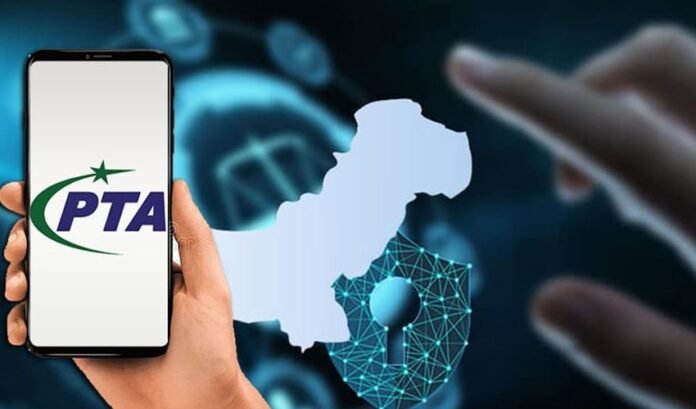PAKISTAN: The Pakistan Telecommunication Authority (PTA) has announced a new 10-year Internet Service Provider (ISP) license aimed at transforming the country’s digital ecosystem. The framework has been designed to encourage fair competition, ensure net neutrality, and uphold stronger data privacy protections. By laying down strict compliance requirements, the PTA seeks to provide a more reliable and transparent environment for both service providers and consumers. The initiative reflects Pakistan’s recognition of the growing importance of digital services in driving economic growth and social inclusion.
One of the central features of the new licensing framework is its emphasis on eco-friendly infrastructure. ISPs will be required to adopt sustainable practices that minimize environmental impact while meeting modern connectivity demands. This includes energy-efficient data centers, greener network equipment, and innovative solutions to reduce carbon footprints. By integrating environmental responsibility into the telecom sector, the PTA is aligning Pakistan’s digital transformation with global sustainability goals.
The framework also strengthens consumer rights by embedding safeguards for data privacy and service quality. With rising concerns over data breaches and misuse of personal information, the new rules require ISPs to adopt enhanced security protocols and transparent policies. This not only protects consumers but also builds greater trust in Pakistan’s internet sector, encouraging more people to adopt online services for education, business, and commerce. The PTA’s regulatory focus on quality ensures that ISPs remain accountable for service delivery and network performance.
By harmonizing its policies with global standards, Pakistan positions itself to attract more foreign investment in the telecom and digital sectors. The new ISP license framework is seen as a key driver for fostering innovation, expanding broadband penetration, and creating a competitive market that benefits consumers. Ultimately, the move signals Pakistan’s commitment to building a modern digital economy where technology, trust, and sustainability work hand in hand to shape the future of connectivity.
The Pakistan Telecommunication Authority (PTA) has announced a new 10-year Internet Service Provider (ISP) license aimed at transforming the country’s digital ecosystem. The framework has been designed to encourage fair competition, ensure net neutrality, and uphold stronger data privacy protections. By laying down strict compliance requirements, the PTA seeks to provide a more reliable and transparent environment for both service providers and consumers. The initiative reflects Pakistan’s recognition of the growing importance of digital services in driving economic growth and social inclusion.
One of the central features of the new licensing framework is its emphasis on eco-friendly infrastructure. ISPs will be required to adopt sustainable practices that minimize environmental impact while meeting modern connectivity demands. This includes energy-efficient data centers, greener network equipment, and innovative solutions to reduce carbon footprints. By integrating environmental responsibility into the telecom sector, the PTA is aligning Pakistan’s digital transformation with global sustainability goals.
The framework also strengthens consumer rights by embedding safeguards for data privacy and service quality. With rising concerns over data breaches and misuse of personal information, the new rules require ISPs to adopt enhanced security protocols and transparent policies. This not only protects consumers but also builds greater trust in Pakistan’s internet sector, encouraging more people to adopt online services for education, business, and commerce. The PTA’s regulatory focus on quality ensures that ISPs remain accountable for service delivery and network performance.
By harmonizing its policies with global standards, Pakistan positions itself to attract more foreign investment in the telecom and digital sectors. The new ISP license framework is seen as a key driver for fostering innovation, expanding broadband penetration, and creating a competitive market that benefits consumers. Ultimately, the move signals Pakistan’s commitment to building a modern digital economy where technology, trust, and sustainability work hand in hand to shape the future of connectivity.



